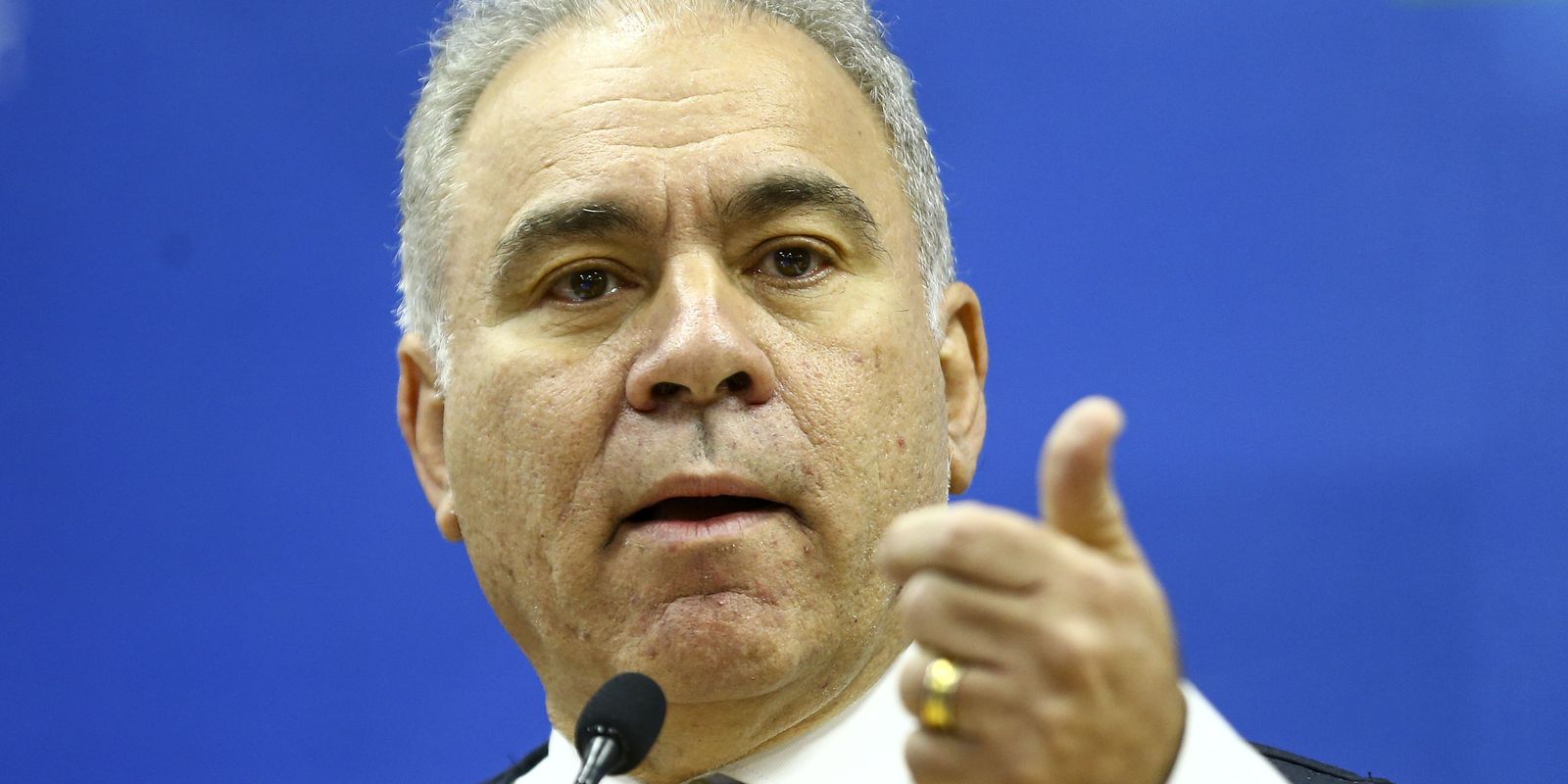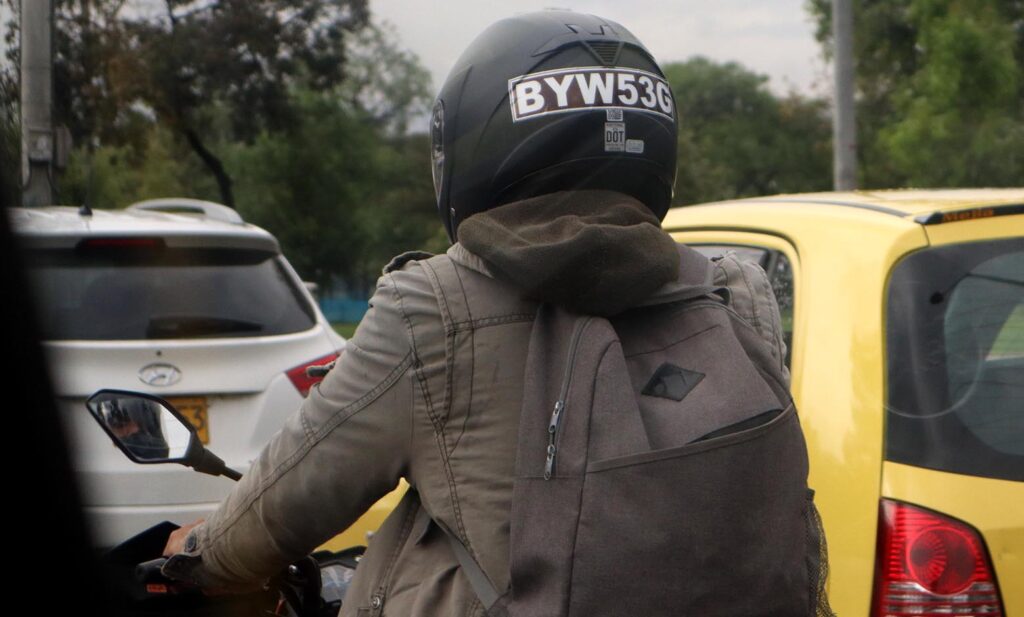A day after announcing in an official statement on radio and TV that the Ministry of Health will declare the end of the Public Health Emergency of National Importance (Espin) related to covid-19 in Brazil, Minister Marcelo Queiroga detailed this Monday (18) the decision of the portfolio. “Covid is not over and it will not end, and we need to live with this disease and this virus. Fortunately, it seems that the virus has lost its strength, it has lost its lethality, and each day we see a closer post-pandemic period from all over the world”, said the minister at a press conference today.
The minister assured that there will be a transition period, and that even with the end of the health emergency “no health policy will be interrupted”.
Queiroga said that in the coming days an ordinance with the arguments that support the measure will be published in the Official Diary of the Union. One of them is the expressive drop in cases and deaths caused by covid-19 in the last 15 days. The minister highlighted the wide vaccination coverage of the population, with more than 70% with the complete vaccination schedule with two doses and more than 77 million people – 39% of the population – have already received the booster dose against the coronavirus.
Another aspect considered for the end of the health emergency is the ability of the Unified Health System (SUS) to respond not only to cases of covid-19, but also to prevalent diseases that, according to the minister, “were neglected during peak periods”. of covid”. The Ministry of Health’s list of justifications also includes the capacity for Brazilian epidemiological and genomic surveillance.
Impact
In practice, the decision relaxes a set of non-pharmacological measures, such as the use of masks, taken since the beginning of the pandemic to prevent covid-19. From the publication of the ordinance, criteria that facilitate the purchase of medical supplies without bidding will also be changed.
The executive secretary of the Ministry of Health, Rodrigo Cruz, recalled that rules issued during the pandemic had their validity linked to the duration of Espin. “All the flexibilities in hiring, agility in making vaccine purchases, do not derive from powers specifically from Espin, but from enacted laws that later had their validity linked to the validity of Espin”, he said.
Health number two added that the declaration of the end of Espin has two pillars. The transition to adapting norms and laws to the new reality, and the continuity of monitoring the epidemiological situation, together with entities of the federation.
CoronaVac
During the press conference, Ministry of Health officials clarified that the ministry has already asked the National Health Surveillance Agency (Anvisa) to maintain authorization for the emergency use of supplies used in the fight against covid, such as the CoronaVac vaccine, for up to 365 days.
Historic
THE emergency state was decreed by the federal government in February 2020, before the confirmation of the first case of covid-19 in the country. The ordinance reduced the bureaucracy to face the disease and allowed, among other things, the Health Surveillance Secretariat to temporarily hire professionals to act on the front line of combating covid-19, purchasing goods and contracting services. .

















